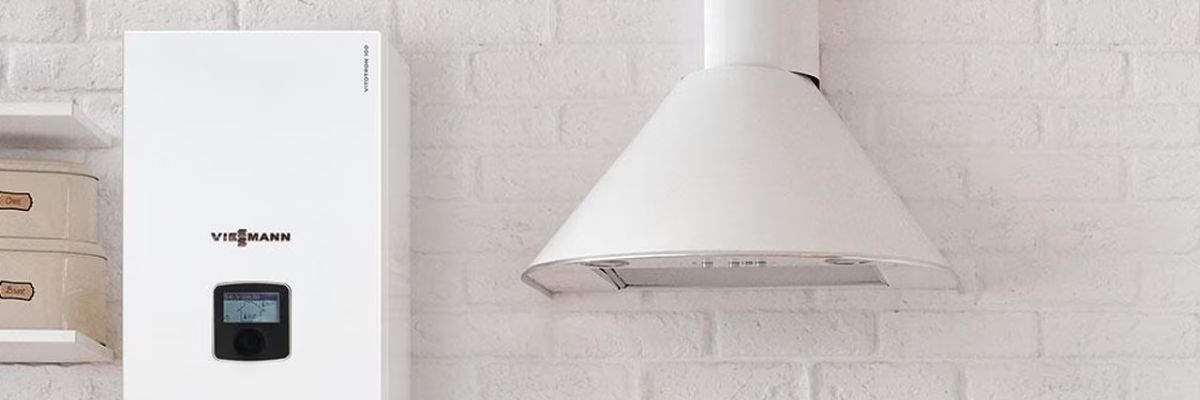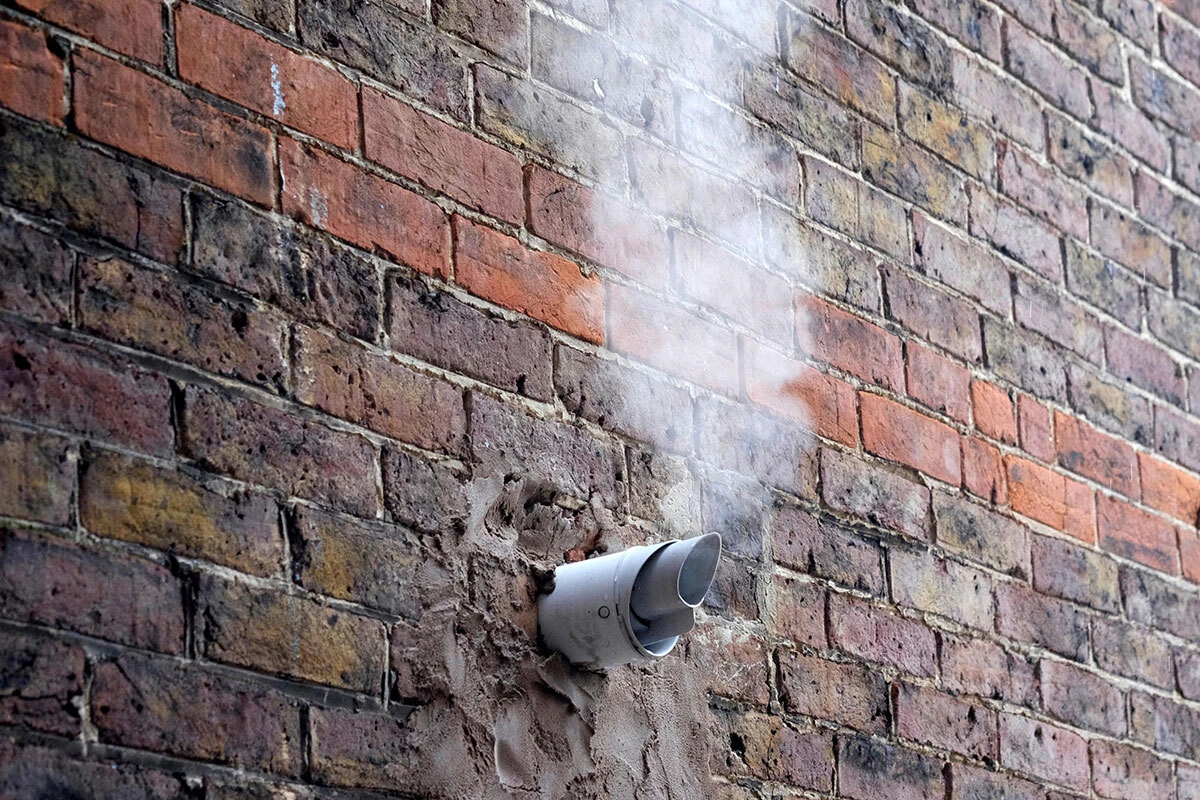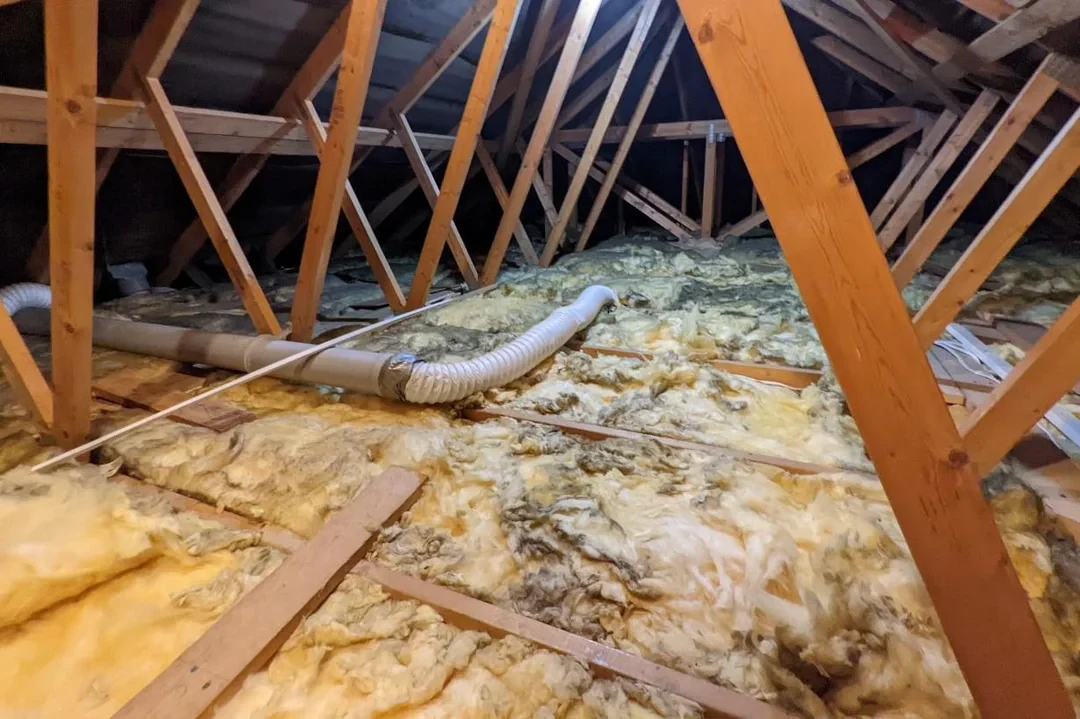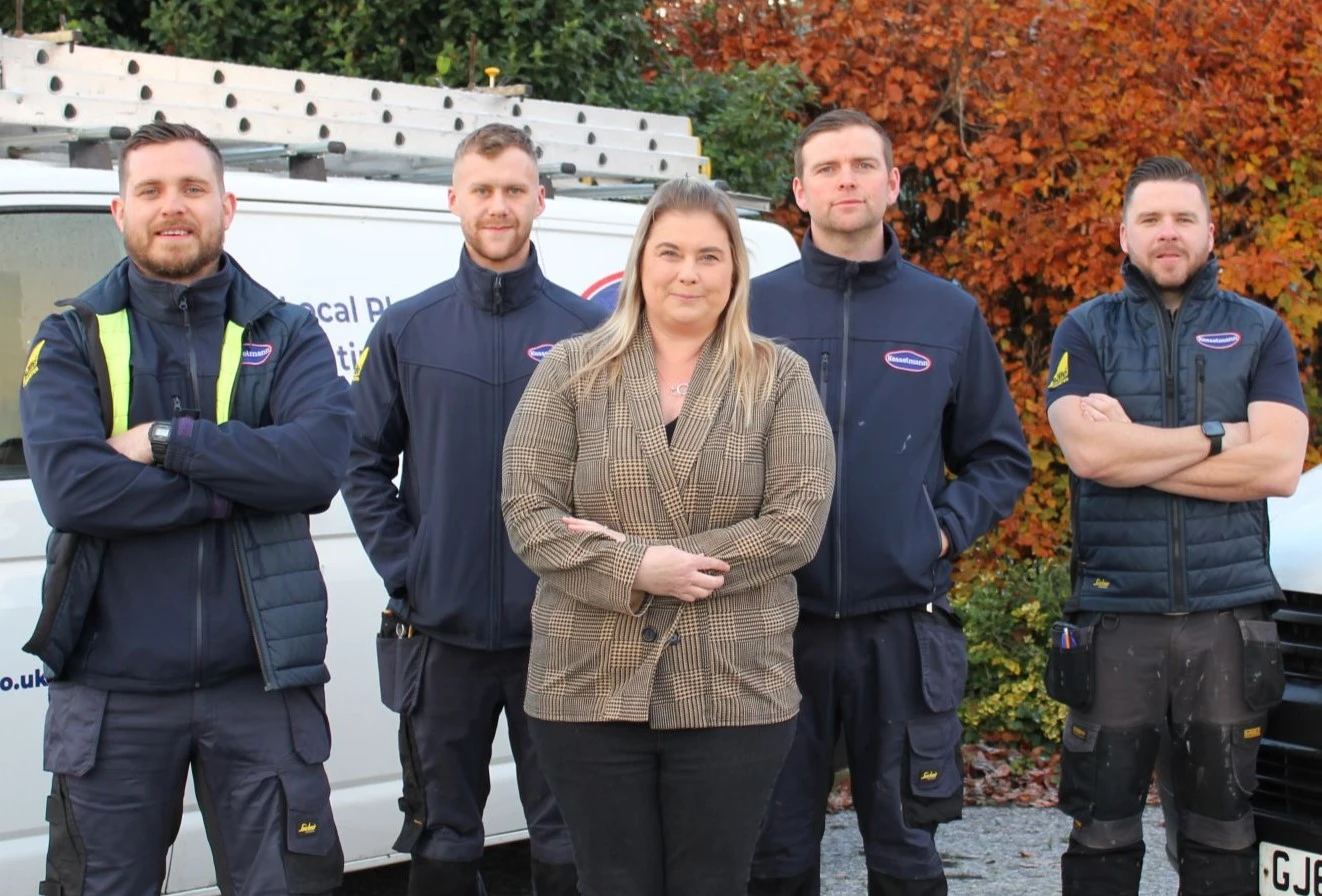27/05/2025
Contents
- Introduction
- What Is an Electric Boiler?
- Key Benefits of Electric Boilers
- Drawbacks to Be Aware Of
- Thermal Stores: Smarter Heat Management
- Reduce Costs with Overnight Electricity Tariffs
- Is an Electric Boiler Right for Your Property?
- What About Installation and Upkeep?
- Going Green with Electric Boilers
- Final Thoughts

Introduction
Electric boilers are becoming a popular alternative to gas systems, especially in homes without access to the mains gas grid. They offer a cleaner, more compact, and often safer solution—but are they really a good fit for your home? In this guide, we’ll cover the pros and cons, how thermal stores work, and how you can reduce your running costs using overnight electricity tariffs.
What Is an Electric Boiler?
An electric boiler uses electricity to heat water for central heating and domestic hot water, with no reliance on gas, oil, or solid fuel. They’re often compact, wall-mounted units and come in combi, system, or heat-only versions—just like traditional boilers.
Because they don’t require flues or ventilation, they’re an excellent solution for flats, small houses, and rural properties. If you're unsure how they work, Which? provides a helpful overview of electric boilers and key things to consider.
Key Benefits of Electric Boilers
1. Near-Perfect Efficiency
Electric boilers are close to 100% efficient at the point of use. That means virtually all the electricity consumed is converted into heat for your radiators or hot water. In comparison, even A-rated gas boilers typically achieve efficiencies of 90–94% due to flue heat loss.
2. Lower Installation and Maintenance Requirements
Without gas pipework, flues, or combustion chambers, electric boiler installations are far simpler. There’s also no need for gas safety certificates, making them a convenient option for landlords.
Maintenance is minimal, and servicing requirements are significantly reduced—meaning fewer callouts and lower upkeep costs over the life of the boiler.
As Burner Combustion Systems highlights, electric boilers also avoid issues like burner wear and emissions control, which are common with fossil-fuel systems.
3. Space-Saving and Quiet Operation
Electric boilers are compact and don’t require external pipework or a flue, freeing up more usable space in your home. They’re also whisper-quiet in operation, ideal for flats or properties where the boiler sits close to living areas.
Drawbacks to Be Aware Of
1. Electricity Costs More Than Gas
The biggest downside is cost. Electricity is considerably more expensive per kilowatt-hour than gas. Unless paired with off-peak tariffs, the running costs for electric boilers can be high—especially in homes with significant heating or hot water demand.
An analysis from EPC Home shows that electric heating can cost over twice as much annually as gas for the same level of usage. That said, strategic use of thermal stores and time-of-use tariffs (explained below) can offset this.
2. Lower Output Limits
Electric boilers typically max out around 12–15kW for domestic units, which may not be sufficient for large homes or properties with multiple bathrooms. You may experience slower hot water recovery unless paired with a hot water cylinder or thermal store.
3. Grid Carbon Dependency
While electric boilers produce zero emissions at the point of use, their carbon footprint depends on the electricity source. The good news? The UK’s grid is getting greener every year, with more renewable sources contributing to the mix. You can go a step further by choosing a 100% renewable electricity supplier to power your boiler.
Thermal Stores: Smarter Heat Management
A thermal store is an insulated tank that stores hot water heated by your electric boiler during off-peak times. This stored water can be used later for heating or domestic use, improving efficiency and reducing costs.
How It Works
The boiler heats water when electricity is cheapest (typically overnight).
That water is stored in the tank, ready for use during peak-rate hours.
The system reduces the need for constant boiler operation during the day.
This is especially effective when paired with Economy 7 or other smart tariffs. A thermal store can also work alongside renewable sources like solar PV to further reduce running costs.
Companies like McDonald Water Storage offer tailored thermal store solutions designed specifically for electric heating systems, making them a smart investment for maximising efficiency.
Reduce Costs with Overnight Electricity Tariffs
Electric boilers become significantly more cost-effective when paired with time-of-use tariffs. These offer reduced electricity rates during set off-peak periods—often overnight—allowing you to heat your home or water when electricity is cheapest.
Popular UK Off-Peak Tariffs
Economy 7 – Offers 7 hours of cheaper electricity at night.
Intelligent Octopus – Delivers ultra-low rates during off-peak times (e.g. 7.5p/kWh from 12:30am to 4:30am).
Octopus Go – Originally designed for EV charging but works well with scheduled heating appliances.
These tariffs work best with electric boilers connected to thermal stores or systems that can be programmed to heat only during low-rate hours.
You’ll need a smart meter and some basic setup to get started. You can learn more about Octopus Energy’s smart tariffs here.
Tip for Landlords
If you own rental properties, installing a thermal store and enrolling in an off-peak tariff could help you offer tenants low-cost, all-electric heating—with minimal maintenance and no gas compliance requirements.
Is an Electric Boiler Right for Your Property?
Here’s a quick look at which homes are best suited for electric boilers:
Ideal For:
✅ Flats or small houses with modest heating needs
✅ Off-grid properties with no access to mains gas
✅ Homes with good insulation and modern radiators
✅ Properties with access to off-peak electricity tariffs
✅ Landlords seeking low-maintenance heating solutions
May Not Be Suitable For:
❌ Large homes with multiple bathrooms
❌ Households with high, unpredictable hot water usage
❌ Properties where off-peak tariffs aren’t viable
❌ Homes without space for a thermal store or cylinder
What About Installation and Upkeep?
Electric boiler installation is generally quicker and less invasive than gas, with fewer regulations to follow. A qualified electrician or heating engineer can typically complete the job in a day, especially if the property already uses electric heating.
There’s also no need for an annual gas safety certificate, which simplifies compliance for landlords.
Annual servicing is optional but recommended to check for electrical safety, limescale build-up (especially in hard water areas), and proper thermostat function.
Going Green with Electric Boilers
If reducing your carbon footprint is a priority, an electric boiler combined with solar panels and a thermal store offers a nearly emission-free solution.
Solar PV panels generate free electricity during daylight hours.
A thermal store can retain hot water into the evening.
Any shortfall can be topped up using off-peak grid electricity.
You can learn more about how thermal stores work with solar panels via the Energy Saving Trust.
Final Thoughts
So—are electric boilers any good? The answer depends on your home, usage patterns, and tariff. They’re highly efficient, safe, compact, and low maintenance, making them an excellent fit for many modern properties—particularly smaller homes, flats, and off-grid houses.
However, to make electric boilers cost-effective, it’s crucial to:
Use a smart or off-peak electricity tariff
Pair with a thermal store or hot water cylinder
Optimise insulation and energy efficiency throughout your home
With the UK grid shifting toward renewables and gas boilers being phased out in new builds, electric boilers are likely to play a key role in the future of home heating.













